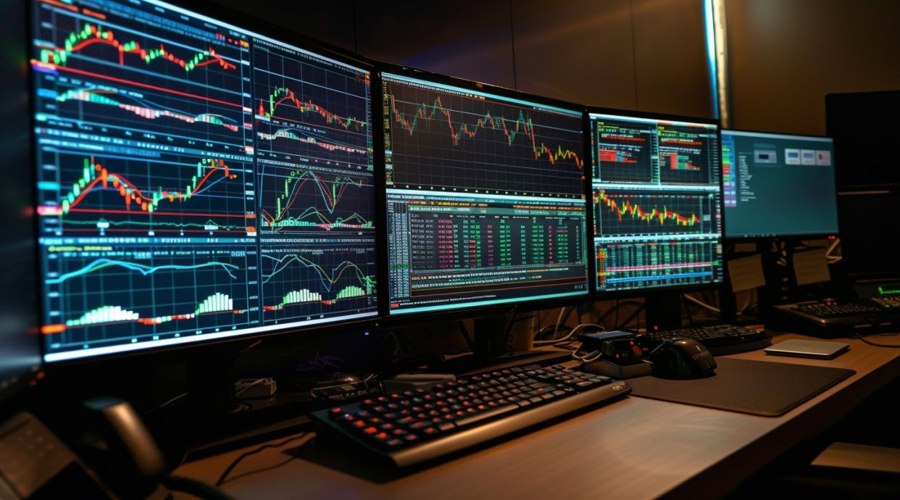How Prop Trading Firms Select and Train Their Traders
Proprietary trading, or prop trading firm , is often seen as the pinnacle of financial trading success. Prop trading firms invest their own capital in stocks, derivatives, or other instruments, seeking superior returns through well-trained traders. What sets these firms apart is how they select and develop their traders. Understanding this rigorous process gives us a glimpse into what it takes to thrive in this dynamic and competitive industry.
Selection Process
Prop trading firms are highly selective, operating on the principle that their traders are investing company capital, not their own. Therefore, finding the right candidates is crucial. The selection process typically involves:
1. Aptitude Testing
Candidates undergo quantitative aptitude tests focused on math, logical reasoning, and pattern recognition. These tests evaluate an individual’s ability to analyze data accurately and make quick decisions based on numbers—a skill critical for fast-paced trading environments.
2. Behavioral Assessments
Alongside technical skills, personality traits come under scrutiny. Recruiters look for signs of resilience, emotional stability, and strong risk management tendencies. After all, trading is high-stress, and a trader’s ability to stay calm under pressure can make or break their success.
3. Simulated Trading Assessments
Many firms use simulated trading platforms to observe how candidates perform during mock trading scenarios. These tests help analyze how someone reacts to fluctuating market risks, opportunities, and psychological pressures when real money is at stake.
Training Methods
For those who pass the rigorous selection process, the next step involves intensive training. Prop trading firms equip traders with the expertise and tools needed to succeed in financial markets.
1. Education on Market Fundamentals
Traders begin with an in-depth education on financial instruments, market structure, and key trading strategies like arbitrage, momentum trading, or swing trading. The aim is to establish a solid foundation.
2. Hands-On Mentorship
Most firms pair rookies with seasoned traders who serve as mentors, guiding them on real-world market dynamics, strategy execution, and how to minimize risk effectively.
3. Live Trading with Risk Parameters
Trainees gradually transition to live trading under strict risk parameters. Firms monitor their performance while traders learn to adapt their strategies to actual market conditions without jeopardizing too much capital.
A Model of Precision and Growth
Prop trading firms succeed by fostering rigorous recruitment standards and providing unmatched training for their traders. By combining raw talent with advanced education, prop firms transform new recruits into skilled professionals, ready to face the volatile financial markets head-on.
